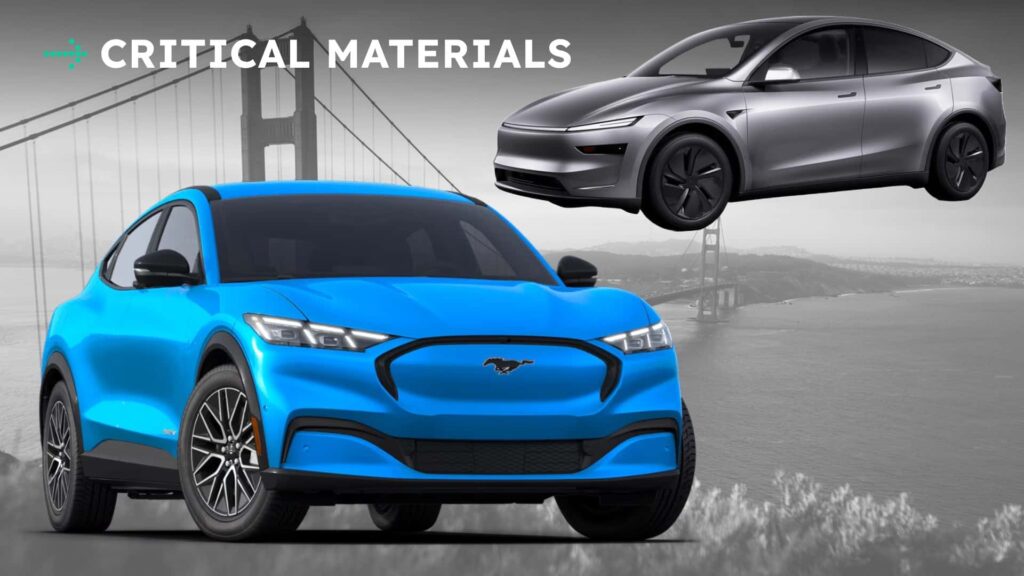California, known as the world’s fifth-largest economy, has long been a pioneer in clean air regulations and environmental policies. However, a recent decision by Congress to revoke the state’s waiver allowing it to set its own emissions rules has dealt a significant blow to California’s ambitious plans to electrify its roads and reduce air pollution.
The decision, which overturned California’s plan to phase out sales of new gas-powered cars by 2035, has sparked a legal battle between the state and the federal government. California Attorney General Rob Bonta has vowed to sue the federal government over the reversal, arguing that it is a politically motivated move that puts the health and livelihoods of Californians at risk.
California has been at the forefront of electric vehicle (EV) adoption, with over 2 million EVs sold in the state so far. However, the rollback of emissions regulations threatens to slow down EV sales and hinder the state’s progress towards a cleaner, more sustainable transportation system.
In addition to the challenges faced by California, the EV industry in the U.S. is also facing headwinds from a bill passed by House Republicans to end tax credits for EV consumers and manufacturers. This move could jeopardize the country’s efforts to compete with China in the EV market and set back years of progress in the industry.
Despite these setbacks, there are still positive developments in the EV sector. Panasonic, a major EV battery supplier, is set to open a second battery plant in the U.S. in July, despite facing delays and challenges in its construction. The new plant will help meet the growing demand for EV batteries in the U.S. market and support the expansion of local battery manufacturing capacity.
As the EV industry grapples with challenges and uncertainties, the debate over government subsidies for EVs continues. Critics argue that the industry should stand on its own without government incentives, while others point to the long history of subsidies for the fossil fuel industry and argue that EVs deserve similar support for the sake of public health and environmental protection.
In conclusion, the future of the EV industry in the U.S. remains uncertain, but with ongoing legal battles, policy changes, and new developments in battery manufacturing, the sector is poised for continued growth and innovation. It is essential for stakeholders to collaborate and find sustainable solutions to ensure the success of the EV market in the years to come.

